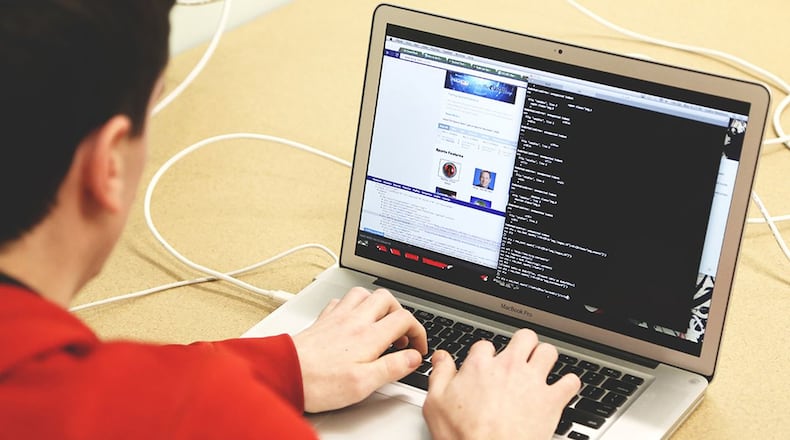It's the largest stimulus package in American history. Roughly 80% of Americans will see hundreds or thousands of dollars sent their way.
"There's a small segment of our society thinking, 'How can I scam my way into this and take other people's money,'" said former FBI Special Agent Michael Tabman.
Tabman knows bad actors are now hard at work.
“Despite all my years working scams and frauds, someone is coming up with a plan where I will say, ‘gee, I didn’t see that coming,’” Tabman said.
Unfortunately, crisis is an opportunity for crooks, and plenty of people are struggling now.
“People are worried about their physical well-being as well as their financial well-being,” Tabman said.
As a former FBI special agent in charge, this is something Tabman has seen before, back in 2008 when President George W. Bush signed the last package. Crooks and scam artists were on the attack back then too. Technology has come a long way since then and in many ways its actually gotten easier.
"A scam we saw under Bush, we saw this come up often, 'for a small fee we are going to find out what [the amount of] your check is going to be,'" Tabman recounted.
Then, like now, crooks will call to try and lure you in, looking to move in on your money online.
“The sad reality is though, if you are caught up in one of these scams, the FBI is not going to be able to help you,” Tabman said. “They are going to take notes and statistics, but that money is gone.”
Here’s some guidance from attorneys general from across the country:
- The federal government will not ask you to confirm personal or banking info by email, phone or text or demand a procession fee to expedite your stimulus payment.
- Do not click on links in email or text messages related to stimulus checks and do not provide your personal information.
About the Author
